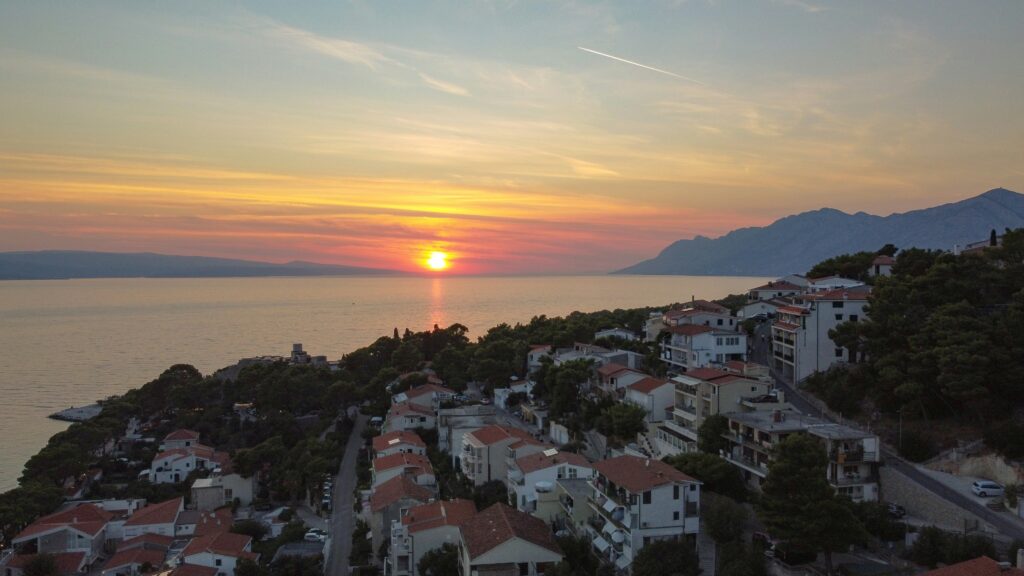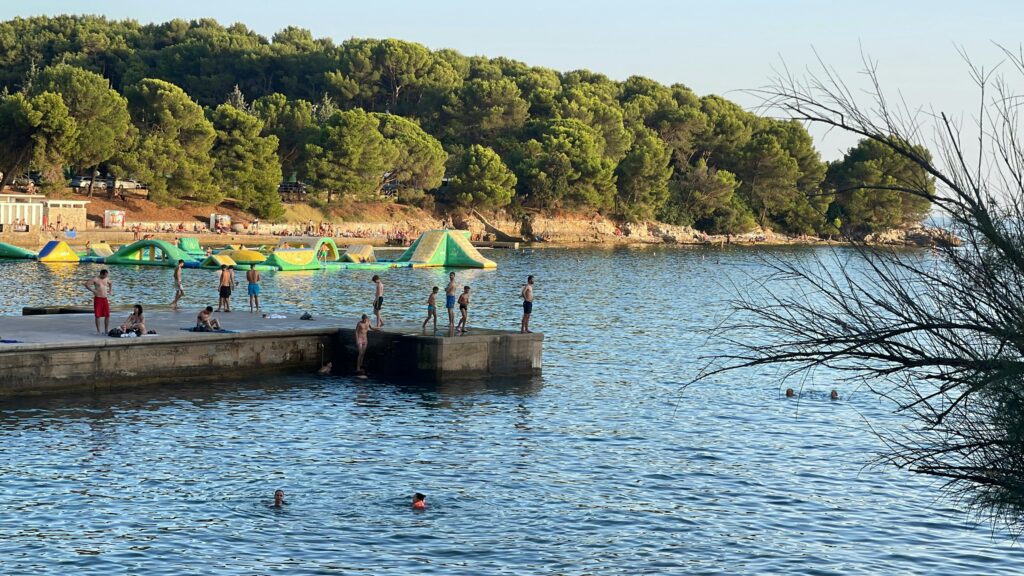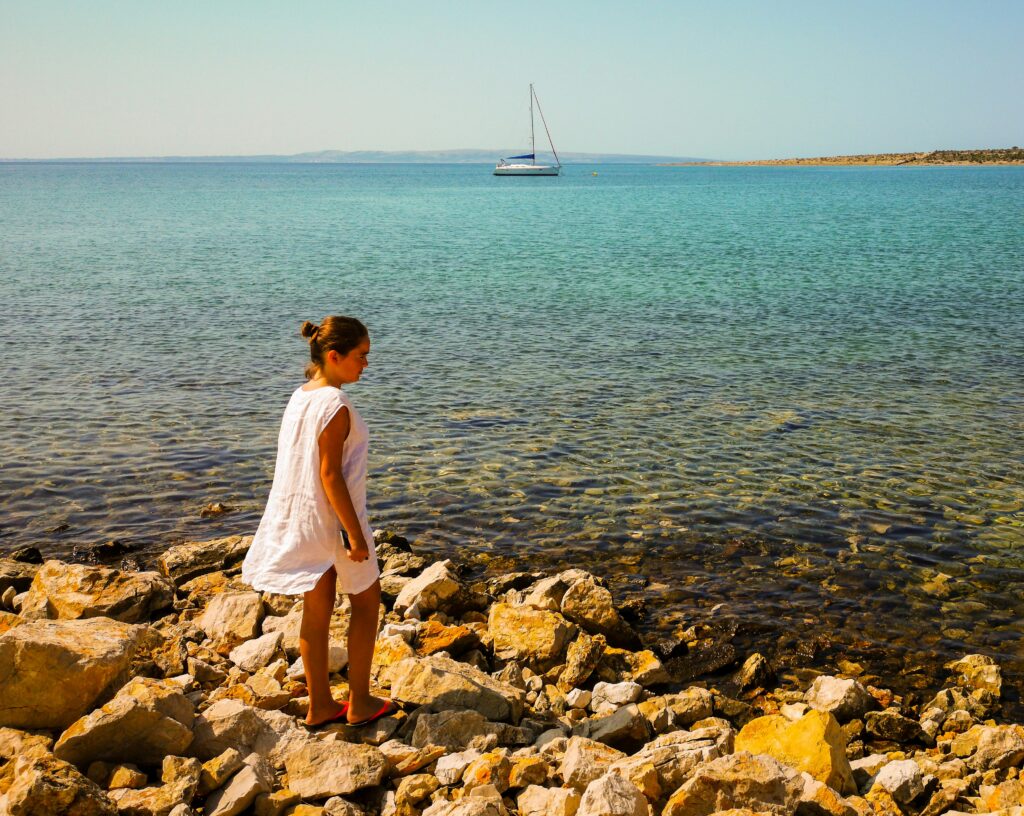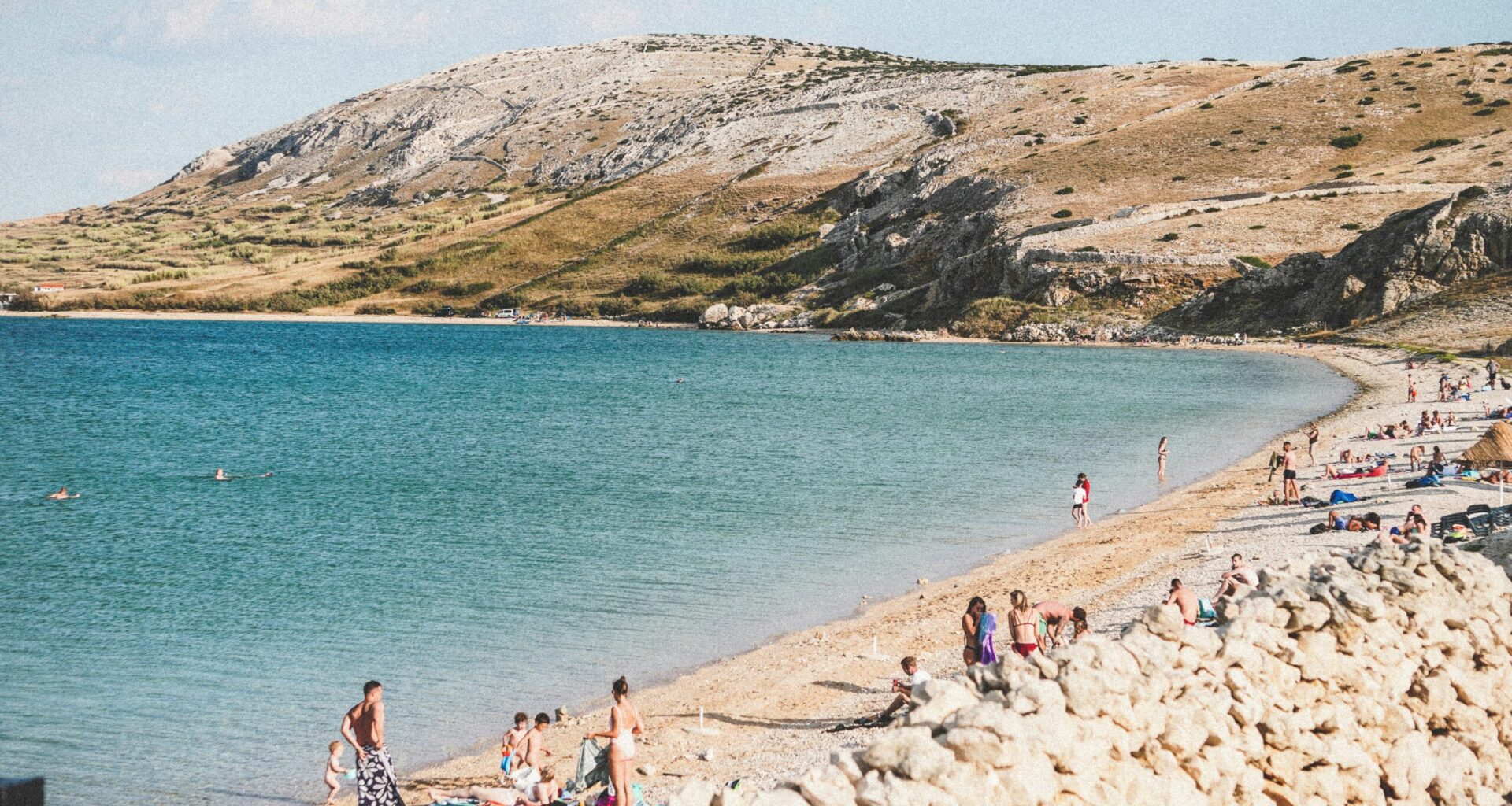July the 18th, 2025 – Prices in Croatia remain a topic as hot as the weather, and around 35% of Croats can’t afford a summer holiday this year, even in their own country.
As Ana Roksandic/Poslovni Dnevnik writes, close to 35% (more precisely 34.7%) of Croats over the age of 16 cannot afford a summer break away from home according to Eurostat data for 2024. This places Croatia in sixth place within the European Union (EU). The highest share of people who couldn’t afford a week’s break was recorded in Romania (58.6%), Greece (46.0%) and Bulgaria (41.4%), with neighbouring Hungary and also Portugal sitting ahead of Croatia.
While this is far from positive, it should be noted that the Croatian percentage is decreasing year by year. Back in 2023 it stood at 39.4%, and in 2022 it was 41.7%. Independent economic analyst Predrag Bejaković explained that the reasons for such a high percentage are primarily the lower typical household income in Croatia and the relatively high costs of being by the sea compared to that average income. In addition, a significant amount of Croats still work in temporary, insecure jobs. Although the number of such jobs is decreasing, its current sum is still not negligible. Ultimately, there are significant regional differences across Croatia. While, for example, Istrians and Zagreb’s residents can mostly afford to take a summer break, in Slavonia and some inland parts of the country, it is much more difficult due to significantly lower incomes and less opportunities for employment.

“The inability to go to the seaside is an indicator of material deprivation, which is significant in Croatia, as well as of the quality of life, which remains worse in Croatia than in wealthier countries. While in Europe, going on holiday is considered common, here it still remains a form of luxury,” explained Bejaković. At the level of the entire European Union, 27% of the bloc’s citizens couldn’t afford a week away from home last year. This share decreased by 1.5% compared to 2023, and is significantly lower (by 10.6%) than just over a decade ago in 2014.
“Regardless of the increase in the purchasing power of Croats, we haven’t yet reached the level of purchasing power where all or the vast majority can afford a holiday. Of course, this isn’t the case in other countries either, however, in developed countries there is undoubtedly a higher percentage of those who have the economic means to pay for holidays,” said Boris Žgomba, president of the Association of Travel Agencies at the Croatian Chamber of Commerce.
Veljko Ostojić, president of the Croatian Tourism Association, agrees with him, adding that the figures for the first half of this year, in terms of interest to domestic guests, are positive. According to data from the Croatian National Tourist Board (HTZ), in the first six months of this year, tourists from Germany are leading in the number of overnight stays in Croatia, immediately followed by domestic tourists who have achieved four million overnight stays. That represents a significant jump of as much as 11 percent. During the month of June alone, tourists from Croatia achieved 1.6 million overnight stays nationwide. At the same time, every third citizen will spend two to three weeks on holiday, mainly in local destinations, and spend an average of 1,330 euros, according to a recent survey by the MojPosao/MyJob portal.

“In the first six months of 2025, the most significant growth in hotels was among guests from elsewhere in Croatia, of more than 10%. Positive trends are occurring. It still isn’t the case however that all Croats will be able to afford a summer holiday,” said Ostojić.
When asked whether locals are being squeezed out of the tourism market due to the increase in prices adjusted to foreign guests, Žgomba said: “We should take into account that Croats don’t go exclusively to places in Croatia for a summer holiday, so it doesn’t matter that we’re a country that receives a large number of people from abroad. Popular destinations for Croats are also neighbouring countries, which are our competitors in attracting guests. However, it’s important to emphasise that the price level is similar between neighbouring countries and Croatia. Croats, just like everyone else, have the opportunity to choose.”

Bejaković has the opposite view, claiming that the high percentage of Croats who cannot afford a summer holiday is influenced by the fact that we’re a tourist country. Economically speaking, if you can sell a product at a higher price, every seller of a service will obviously do so.
Subscribe to our newsletter
the fields marked with * are required
